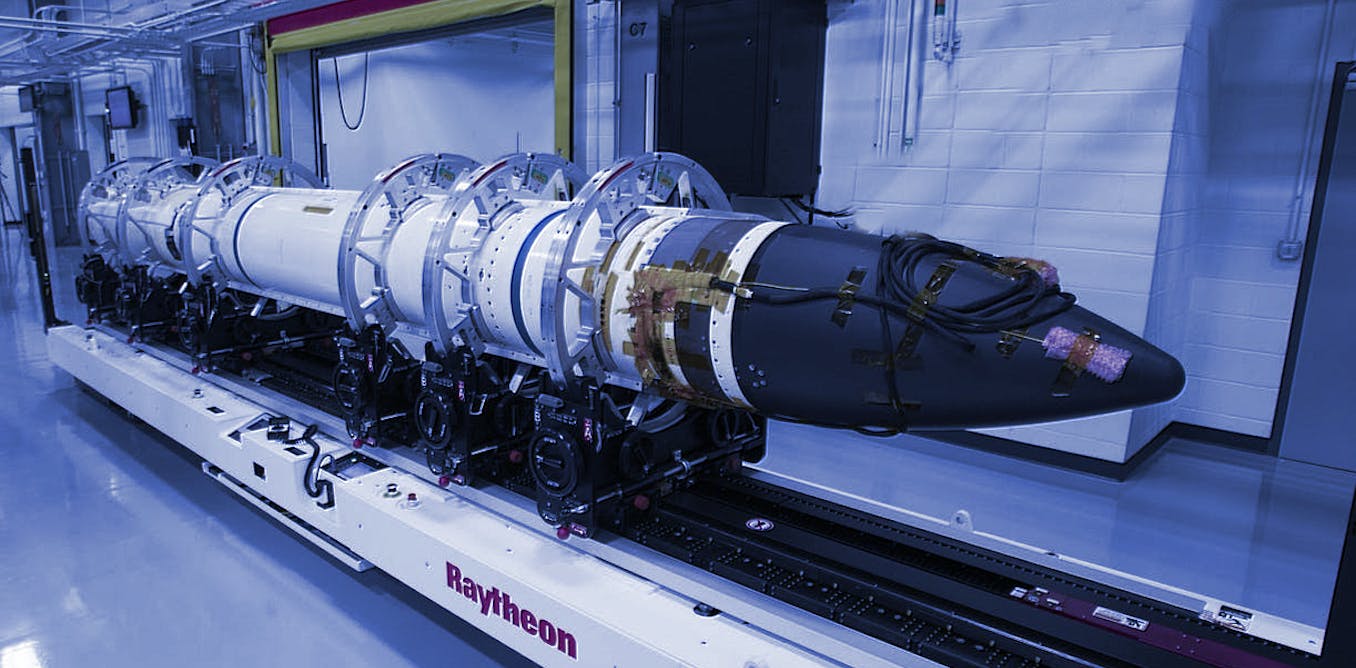For decades, companies prioritised costs above all else when selecting suppliers, building factories and deciding how much stock to keep on hand. This philosophy was often dubbed “just in time” because it emphasised keeping inventory to a minimum and using short-term, flexible contracts that could be adjusted quickly to changes in demand.
But the drive for efficiency encompassed far more than that. Companies also moved production to low-wage locations, consolidated orders to maximise economies of scale, and tried to minimise their physical presence in high-tax jurisdictions.
Some businesses are increasing the inventory they keep on hand and entering into longer term contracts with key suppliers. Others are diversifying their manufacturing to create regional hubs with local suppliers and investing in technology to give them greater advance warning of potential bottlenecks. Some companies are also investigating ways of working with their rivals to share information to develop emergency back up facilities without falling foul of competition regulators.
“What companies love to do is to optimise working capital. So many manufacturers went to just-in-time inventory, and, pre-pandemic, that worked pretty well,” Carol Tomé, chief executive of UPS, said at a recent industry event.
“But when the pandemic hit and everything was shut down, including manufacturing, and then the economy started to open and the demand . . . jumped, well, that just-in-time inventory didn’t work any more. Companies are now thinking about, I need ‘just in case’ inventory,” she added.






